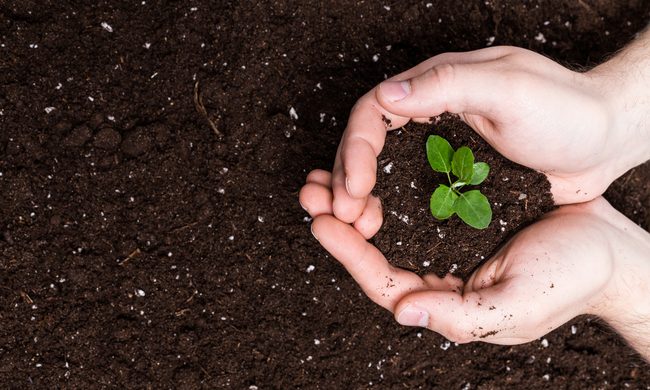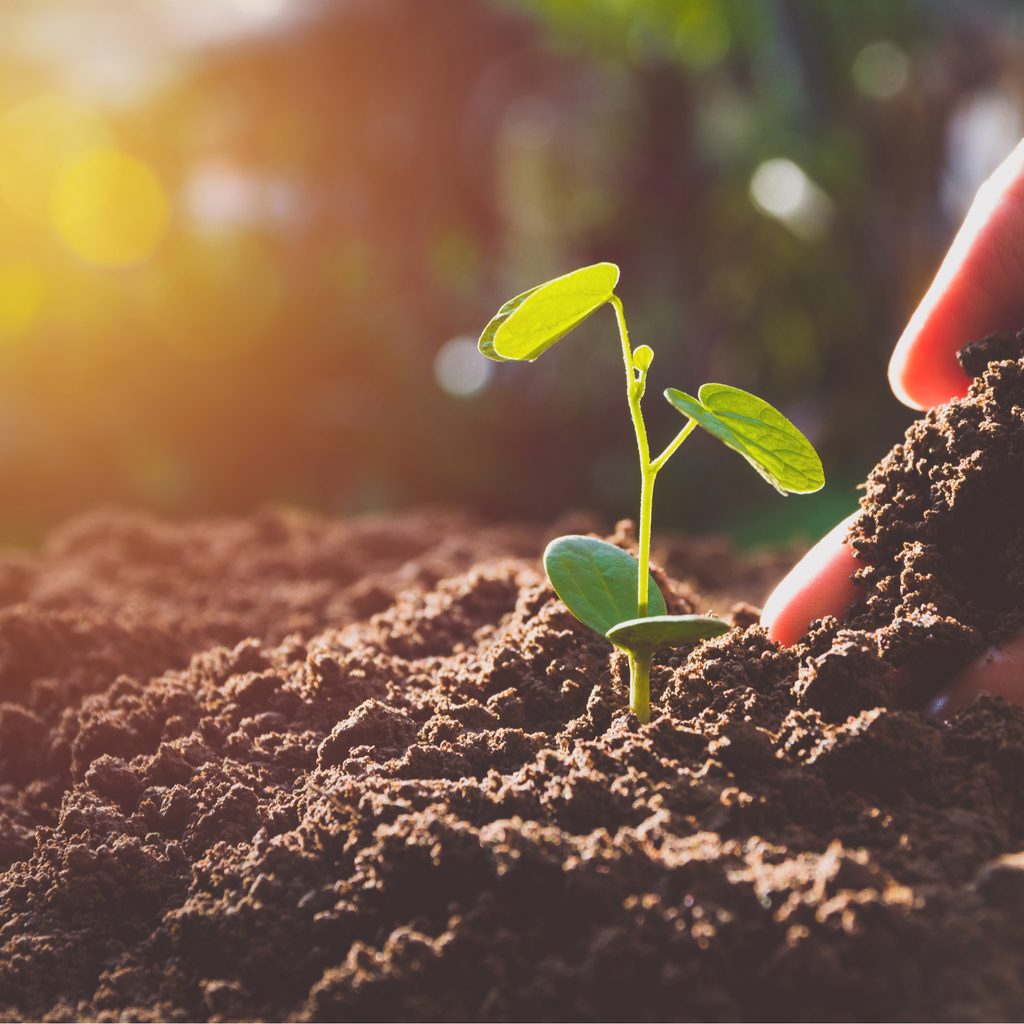
When you first start gardening, it’s overwhelming to think about all the things you have to keep track of to grow healthy and happy plants. For example, one of the most common topics beginner gardeners worry about is buying the best composts for gardens.
What type should you use, when should you use it, how much of it should you use, and if there’s a specific one you should use for particular types of gardening? This can all become intimidating quickly, but we promise that after you read the information below, you’ll feel confident in your ability to successfully add compost to your garden soil.
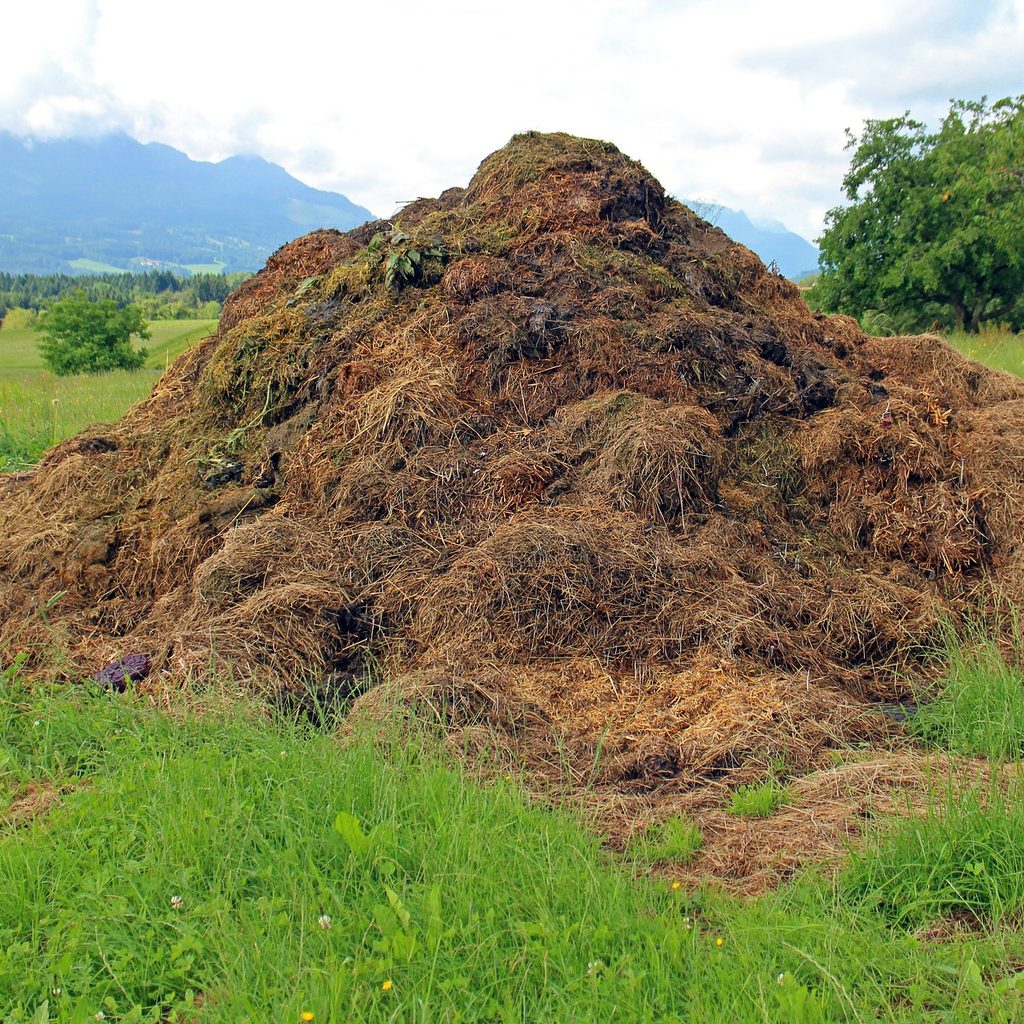
The best types of compost
More often than not, the soil you want to plant your garden in will need to be amended. This simply means you need to add some things to it to create ideal growing conditions for your plants. Almost always, this means adding compost. However, with so many types out there, you might get confused when standing in front of all those bags at the garden center. So what options do you have, and what are they made of?
1. Leaves and yard trimmings
Using the leaves and trimmings from around your yard is one of the best ways to recycle and add vital nutrients to your garden beds. It’s low cost, efficient, and moisture retentive. Additionally, these can be used as mulch and compost! Keep in mind, the number of leaves and trimmings available can change from year to year and season to season. So you might have plenty one time but not enough the next. There may also be stray grass or weed seeds that get in there and introduce unwanted plants into your garden.
2. Manure
If you’re lucky enough to have access to fresh manure, you have one of the best resources for a garden. Raw manure adds nitrogen, phosphorous, and potassium to your soil, which are the three most important things to have in healthy soil. You might even have access to manure from your own animals! This is a low-cost and waste-reducing way to add essential ingredients to your soil. You can also buy manure in bags at the garden center if you don’t have access to it fresh. This is still fantastic for your garden but less great for your wallet.
3. Mushroom compost
Mushroom compost is typically used for, you guessed it, growing mushrooms. However, you can also use this type of compost in your own garden at home. It often contains materials such as wheat straw, manure, gypsum, peat, cottonseed meal, and grape clippings. It’s packed full of nutrients and is a sterile substrate that can enhance water retention while also adding essential elements back into the soil. Unfortunately, this type of compost is more expensive than other options on this list and might be best reserved for those growing mushrooms where sterile fertilizers are essential.
4. Vermicomposting
You might have heard of worm farming, and vermicomposting is the fancy word for it. This is when you let earthworms decompose organic material. The worms eat, digest, and excrete the material and they produce castings, which are nutrient-dense and all-natural. To get these excellent earthworm castings, you can either start your own earthworm farm or purchase a bag of castings at your local garden center.
5. Kitchen scraps
You can compost a lot of things from your kitchen, including vegetable and fruit peels, coffee grounds, tea bags, and more. You don’t want to add any meat, dairy, or oils, since these can create unwanted odors and may even harm your plants. When it comes to processing your scraps, you can choose from hot or cold composting. Hot composting will require more effort on your part, but you can get usable compost in weeks rather than months — you just need to measure, water, and stir your heap precisely. Cold composting is a more hands-off approach, as you simply add scraps to your heap and wait for them to decompose.
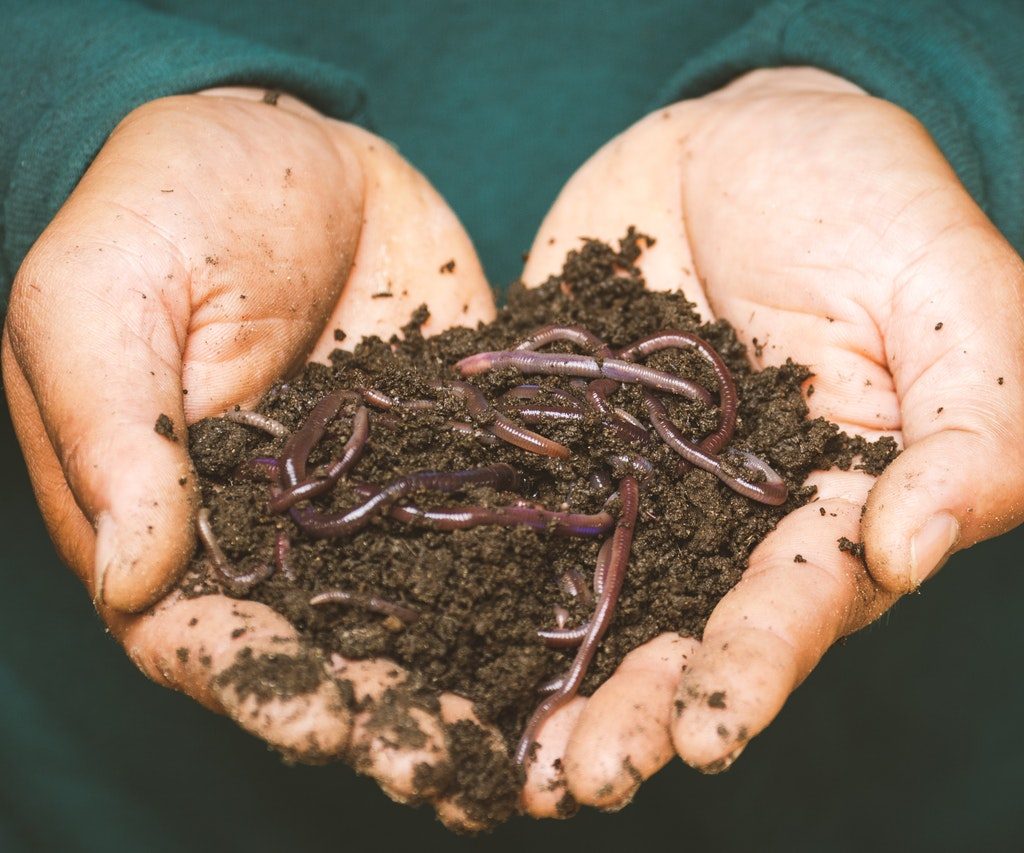
Which compost is best for vegetables?
A rich compost full of manure, plant waste, and yard waste is the best option for vegetable gardens. This provides the plants with a well-rounded source of nutrients that promotes healthy and happy plants. With rich compost, you’ll be able to enjoy a hearty harvest in no time.
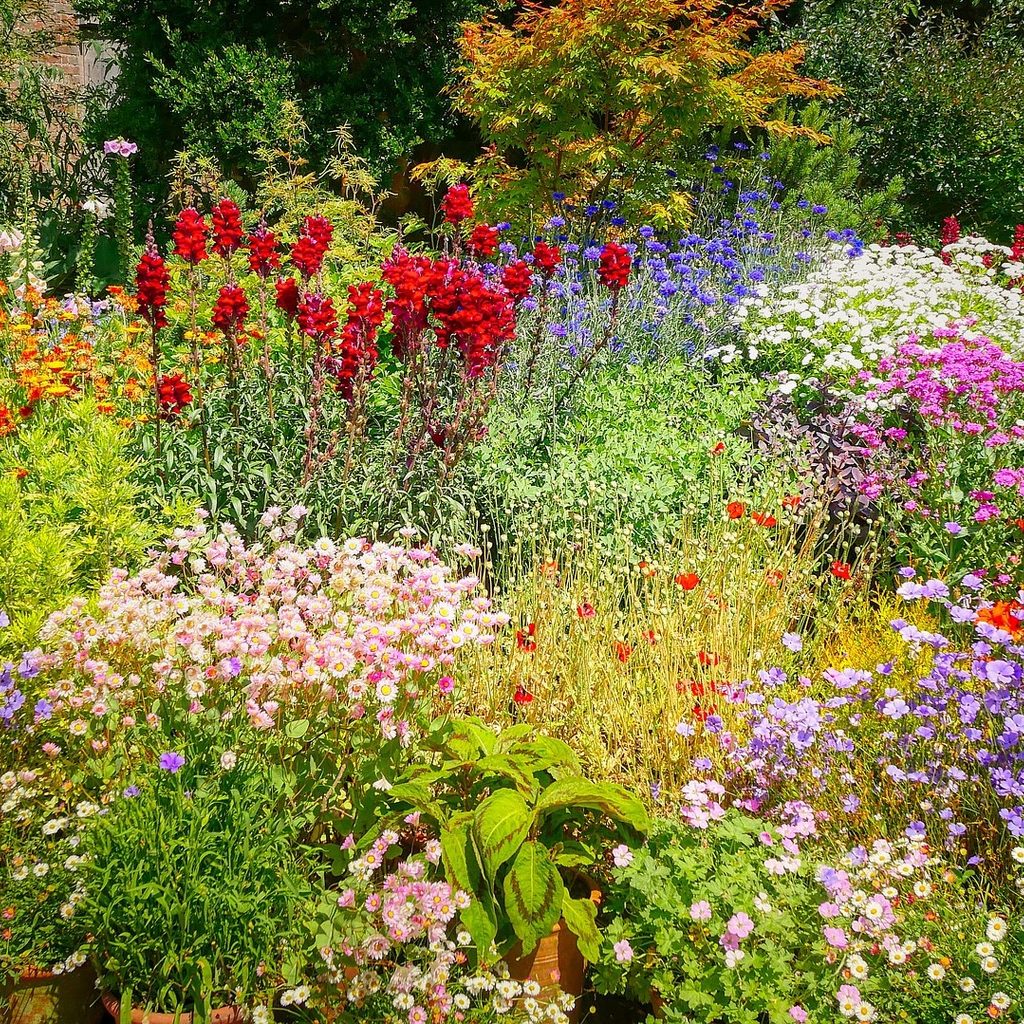
Which compost is best for flowers?
Compost helps flower beds resist pests and retain water. Generally speaking, one of the best types of compost for flowers is a composted manure or a compost-manure blend. The potassium in manure (especially manure that contains a lot of potash) can be helpful for flowering, and manure can also support moisture retention and bring in aerating earthworms to improve soil structure.
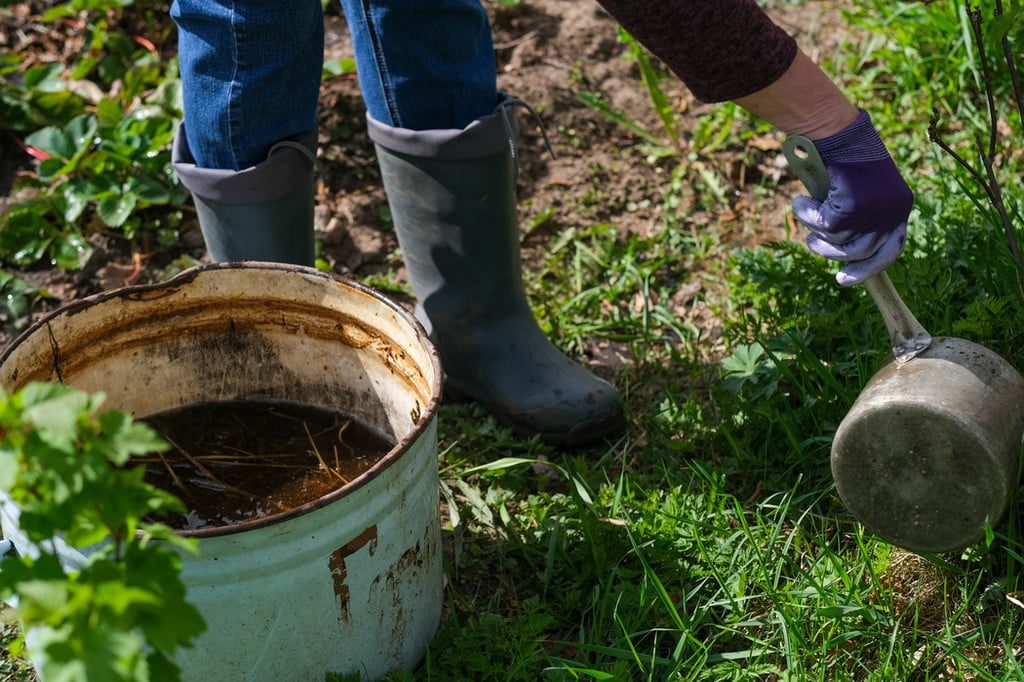
When should you compost your garden?
The best time to add compost to your garden is early spring or about one to two weeks before you plan to plant. This gives the compost enough time to settle into your soil and start adding its vital nutrients to the rest of the garden bed. You can add compost by hand or dump it and use a rake to move it around and mix it into the topsoil of your garden.
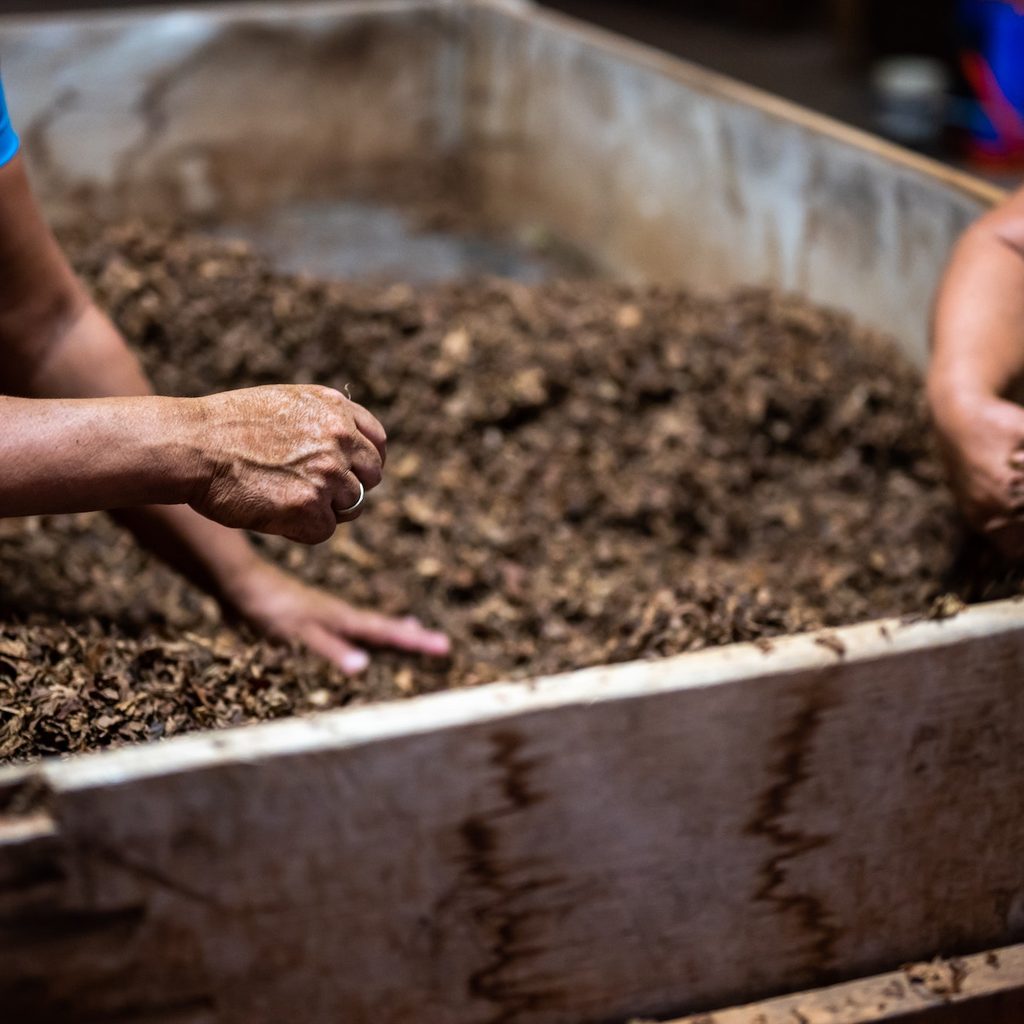
Can you put too much compost in your garden?
The short answer is yes.
Too much of any nutrient can inhibit a plant’s ability to absorb other vital minerals and vitamins. Instead of applying a lot of compost at once, using the appropriate amount of compost over time provides your plants with a balanced amount of nutrients and promotes healthy and happy plants.
Knowing when and how to feed your plants is a critical factor in the success of your garden. It doesn’t matter if you’re growing vegetables or flowers: Learning about the different types of compost and when and how to use them makes you a better gardener.

